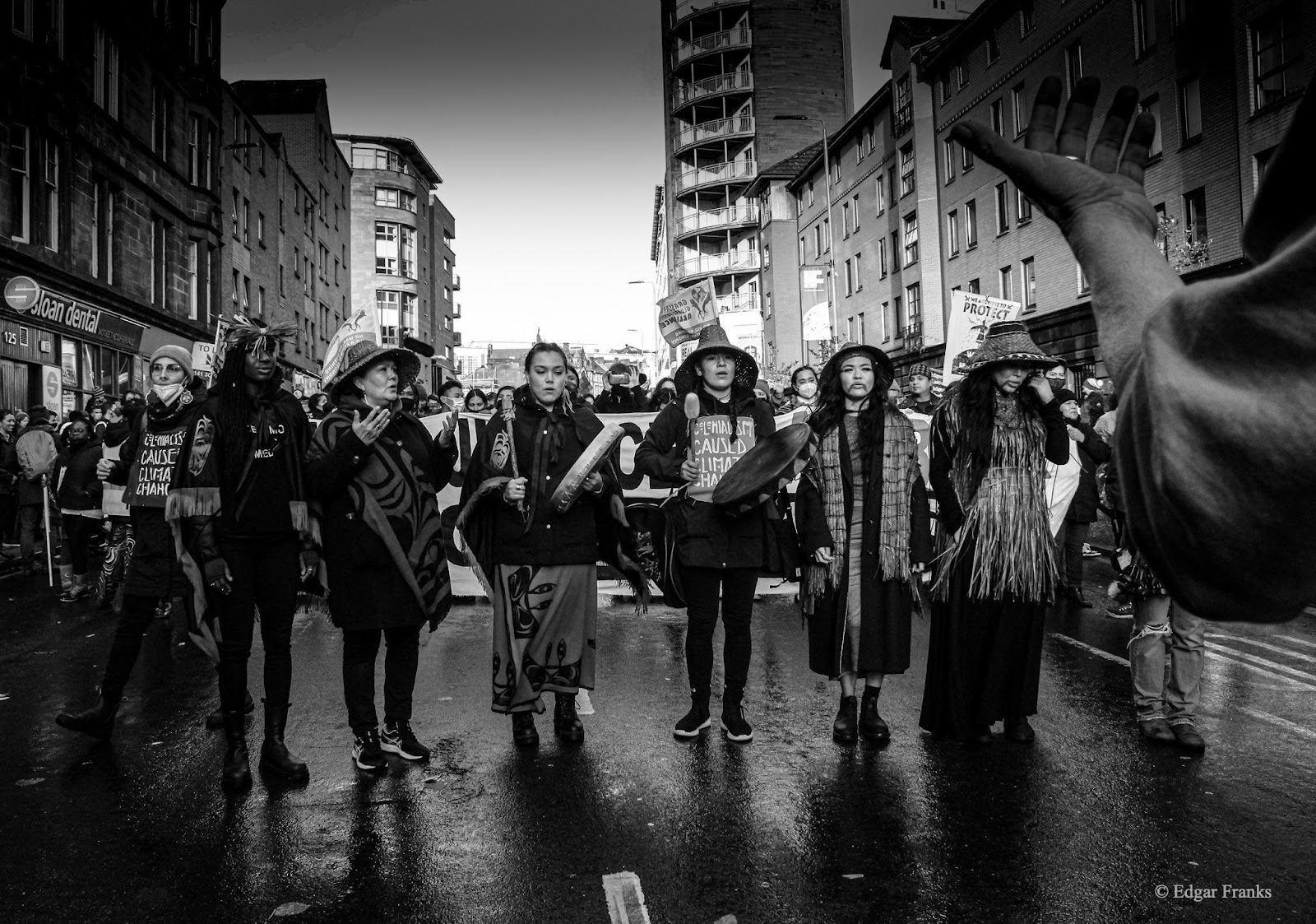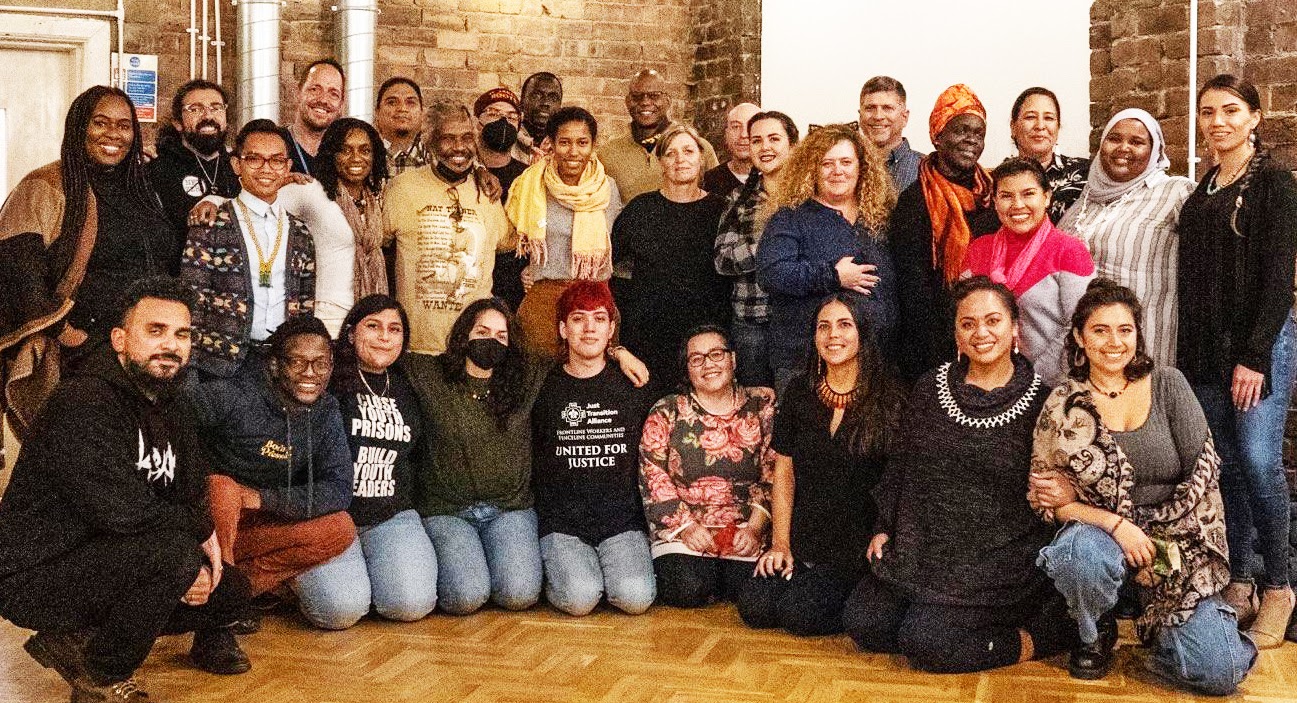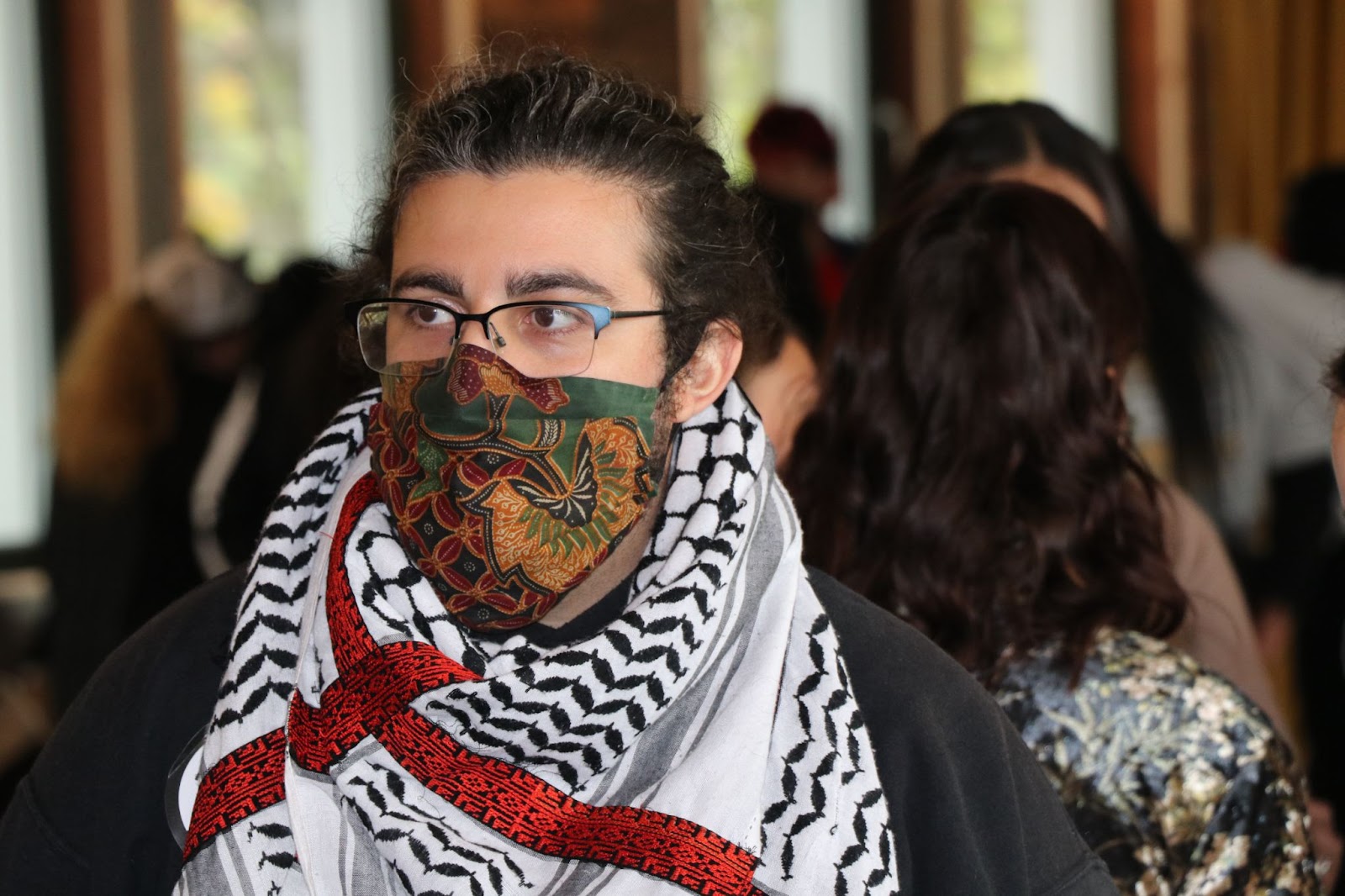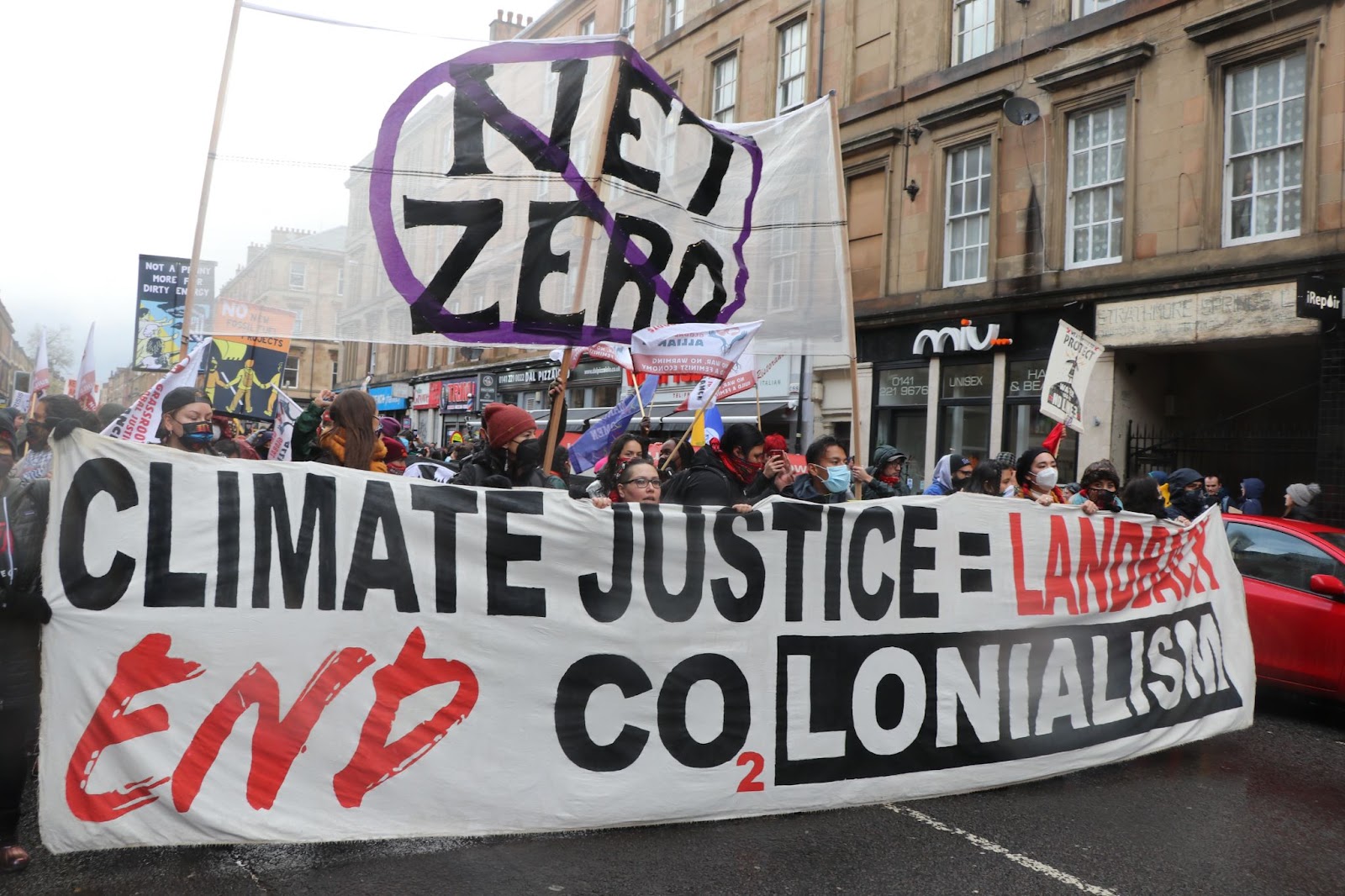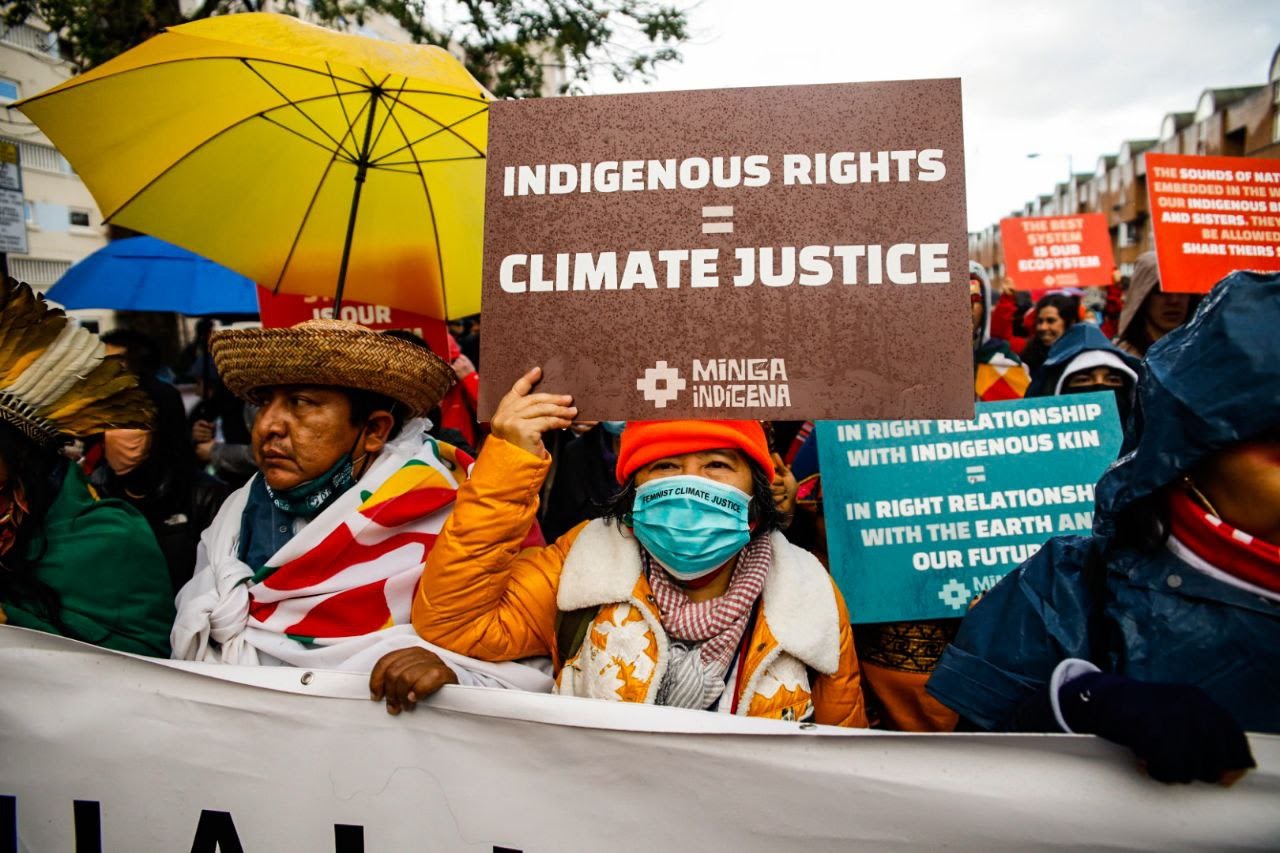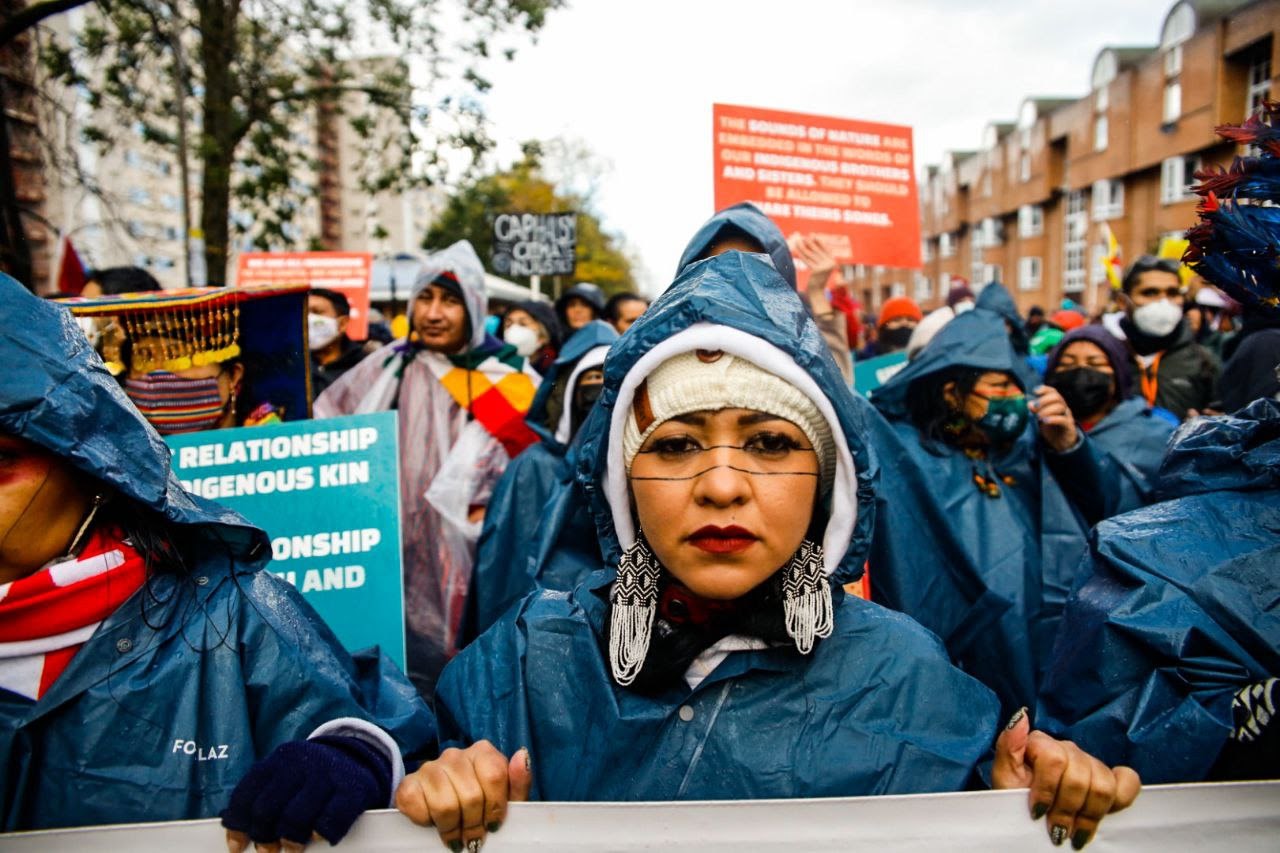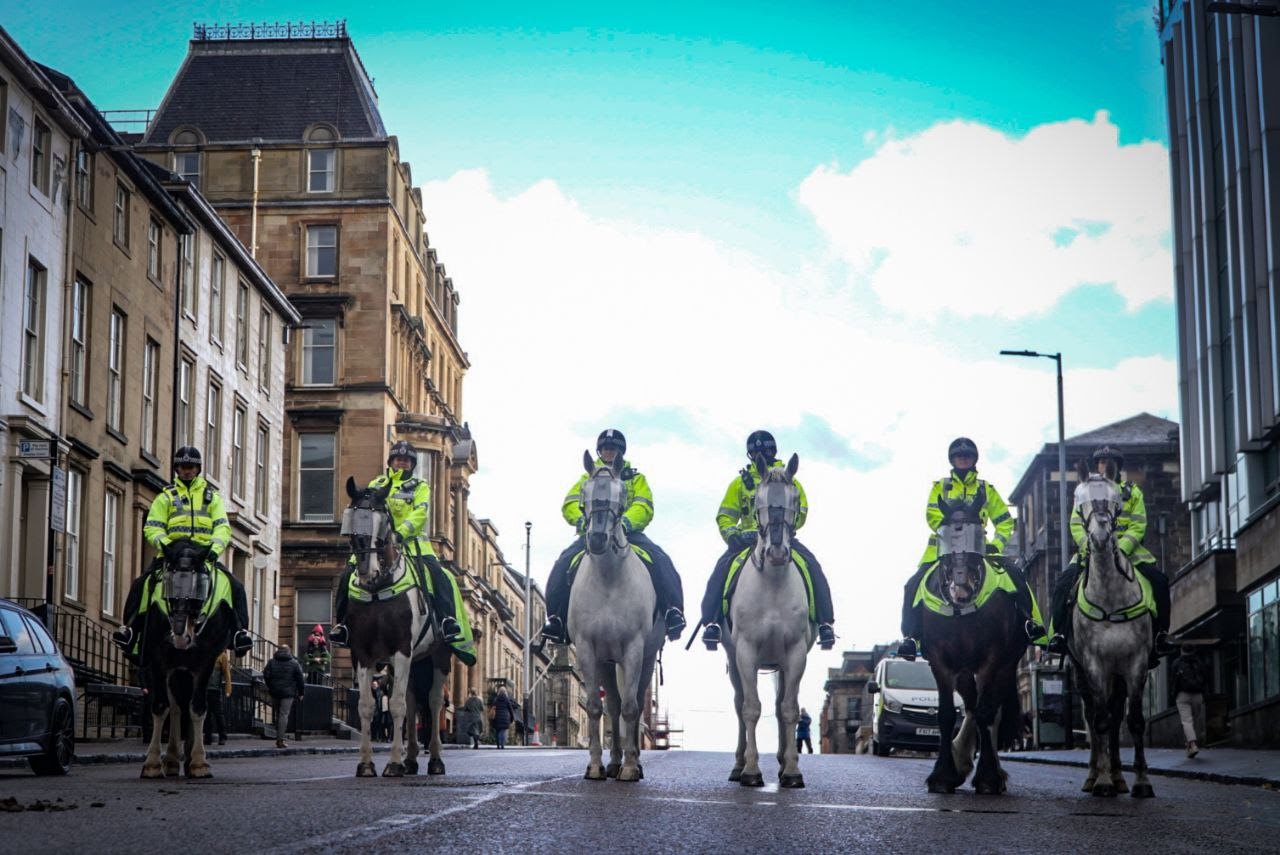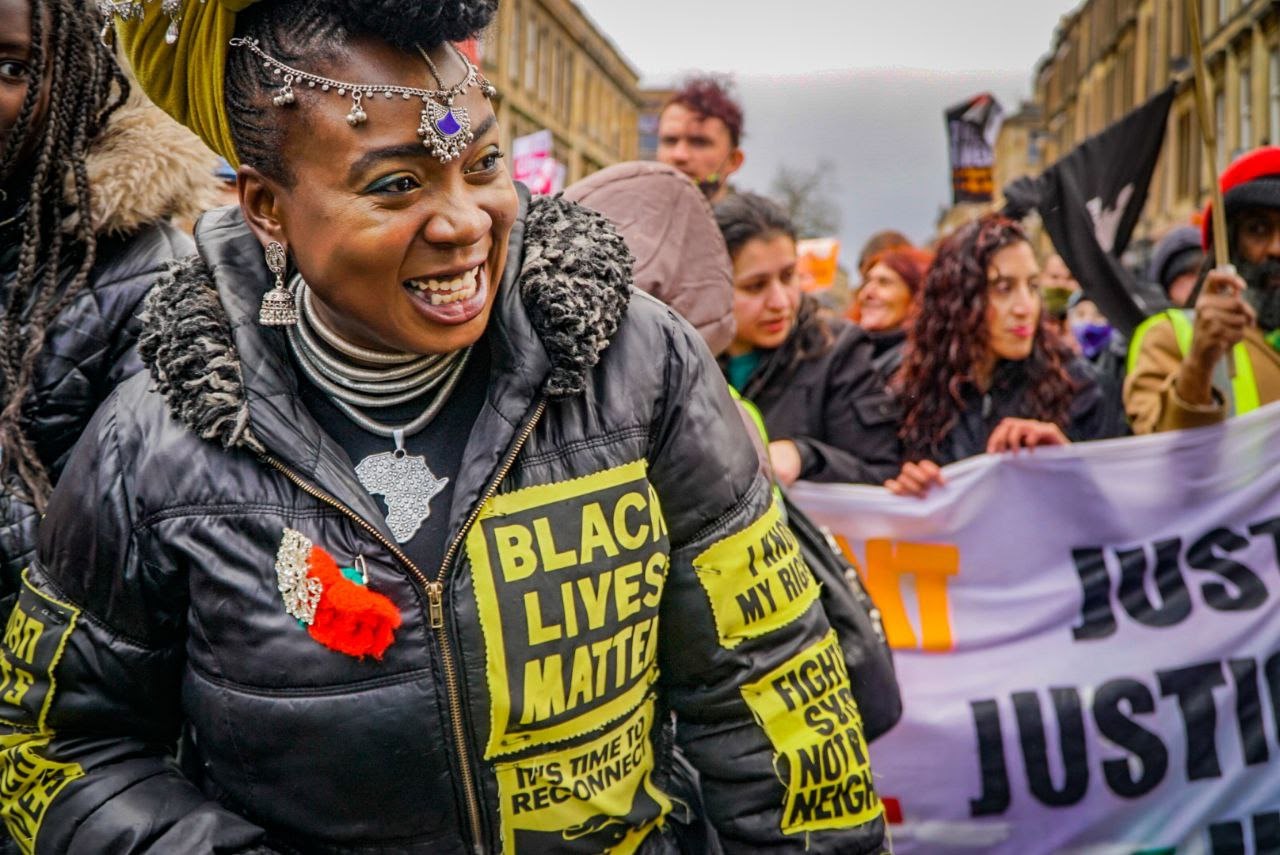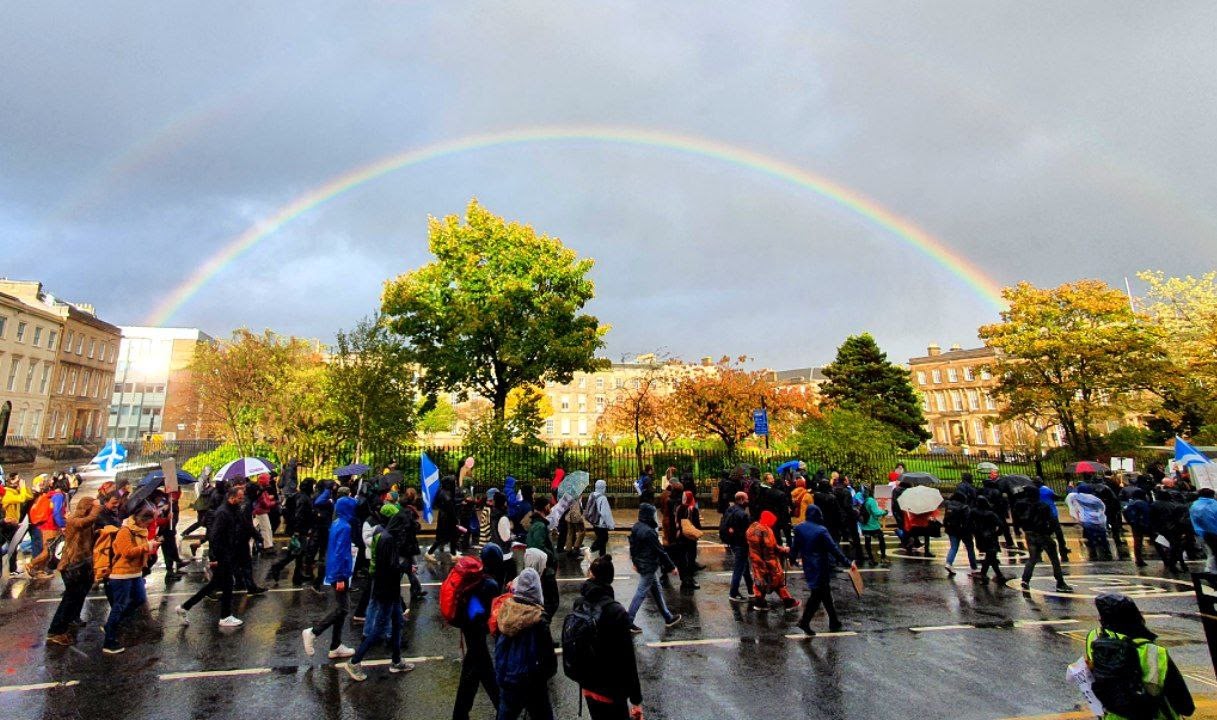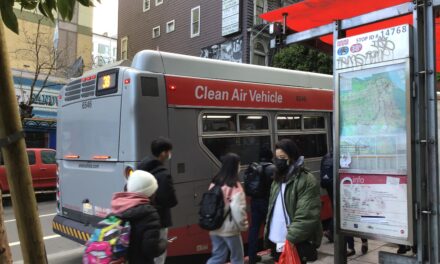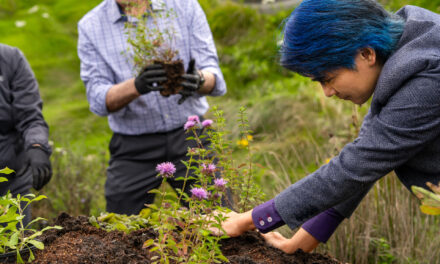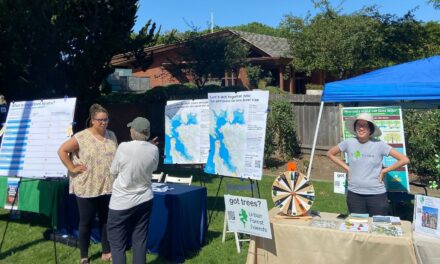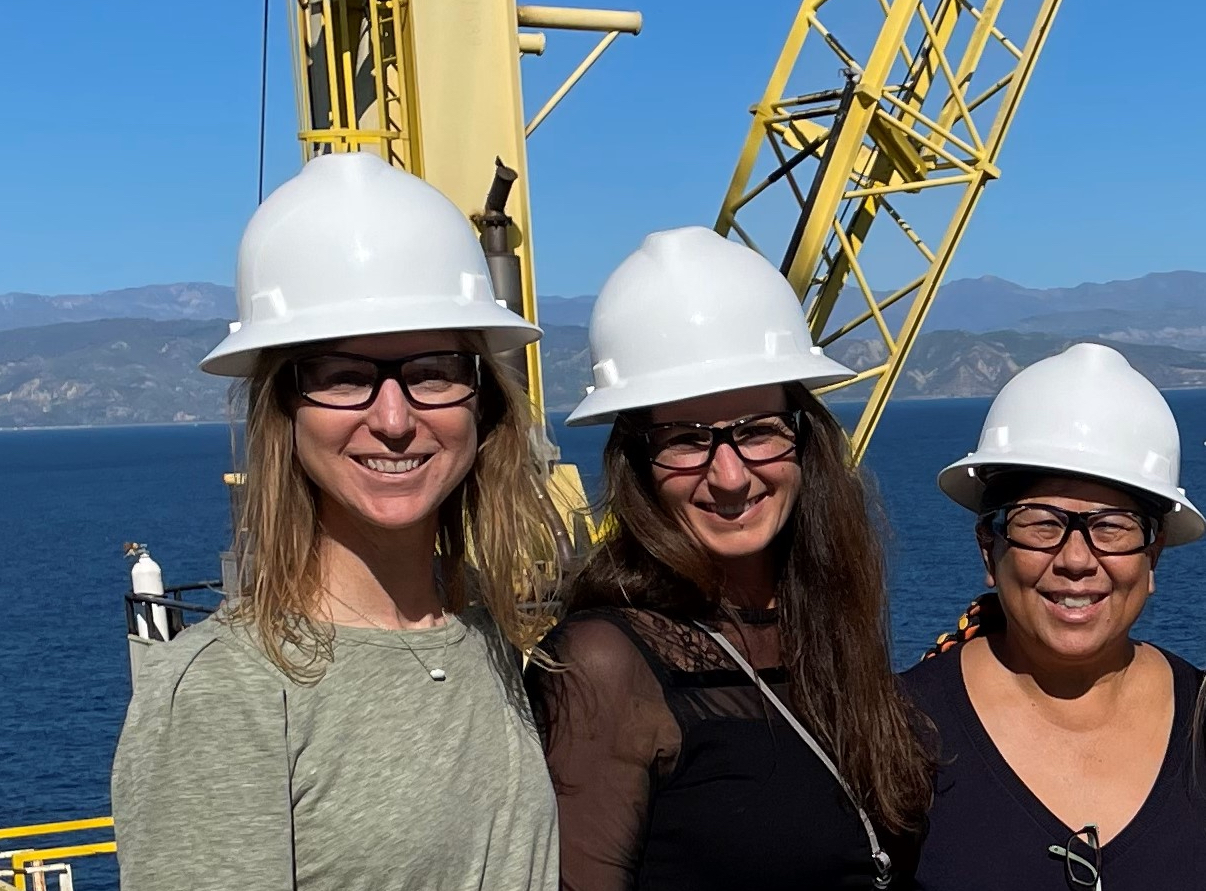Questioning Net Zero: An Interview with a Climate Justice Delegate to COP 26
Venturing out from San Francisco to Glasgow, Scotland, community organizer Sharif Zakout, recently attended the 26th United Nations Climate Change Conference (COP 26). Zakout joined 60 community activists and leaders from communities across the United States, officially known as the ‘It Takes Roots’ delegation, to fight for climate justice, indigenous sovereignty, and anti-imperialism through place-based community wisdom and solutions. Through addressing the link between the climate crisis and “structural violence,” the delegation questioned the validity of the conference’s pledge to achieve “net zero” emissions.
Zakout is a coordinator of the San Francisco-based Arab Resources Organizing Center (AROC), a grassroots organization working to empower and organize the Arab community towards justice and self-determination for all. This past January, I interviewed Zakout about his experiences at COP 26 and how climate advocates could learn from his experience in being a part of intersectional movements such as Just Transition, Black Lives Matter, and the Free Palestine Movement, among many others.
It Takes Roots Delegation. Photo: Climate Justice Alliance.
Sharif Zakout at the It Takes Roots gathering in Glasgow, Scotland. Zakout’s work for AROC in San Francisco keeps him actively engaged in Palestine organizing and international solidarity work, as well as local projects such as Stop Urban Shield. Photo: Climate Justice Alliance.
What were the ‘It Takes Roots’ delegation’s primary goals at COP 26?
SZ: The intention was really to make an intervention around the role of the military and how they have impacted our climate crisis.
Our delegation also sought to expose the inconsistencies and false narrative embedded within net zero and false solutions, such as “green coal” and nuclearization. We wanted them to explore how we could go beyond false solutions.
Net zero is a false solution. It essentially allows polluters to continue polluting if they can “offset” their emissions through other means – often without the consent of local communities most impacted by either the original pollution or the offset projects. Instead of directly cutting emissions at the source, net zero allows business as usual.
The Climate Justice Alliance sees net zero is a form of green colonialism: “…powerful players use ‘net zero’ to disguise climate inaction whilst continuing to pollute fenceline Black, Brown and Indigenous communities and colonizing the forests of the Global South.” Photo: Climate Justice Alliance.
Can you share an example of green colonialism today?
SZ: The European Union recently approved a 1,180 mile, $6-7 billion EastMed pipeline that will be built from Israel and illegal settlements in the West Bank to Greece. While they state that it is an attempt to “diversify” Europe’s energy sources, it is built on the exploitation of Palestinian people and the occupation of their land.
The delegation included many representatives from Indigenous groups. According to Eriel Deranger of the Athabasca Chipewyan First Nation of Canada, executive director Indigenous Climate Action, “Indigenous people are more visible but we’re not taken any more seriously; we’re romanticized and tokenized. They’re trying to collect and preserve Indigenous knowledge while continuing to leave us out of the actual decision-making and positions of power.” Photo: Climate Justice Alliance.
Given the legacy of green colonialism today, were Indigenous groups recognized at COP 26?
SZ: I noticed that a lot of Indigenous peoples were tokenized at COP 26. It is also evident that Indigenous knowledge has been compromised as false solutions, such as net zero, continue to be proposed. Not recognizing indigenous sovereignty is only going to exacerbate the problem.
The 2015 Paris Agreement stated “the need to strengthen knowledge, technologies, practices and efforts of local communities and indigenous peoples related to addressing and responding to climate change.” Since the signing of the agreement, at least 1,005 environmental and land rights defenders have been murdered, according to the international non-profit Global Witness. One in three of those killed were Indigenous people. Photo: Climate Justice Alliance.
How did the pandemic impact the conference and who was able to fully participate in climate discussions?
SZ: There was essentially a vaccine apartheid at the conference. For example, although Israel and Palestine received COVID-19 vaccines from the same manufacturer, Palestinians were not able to physically attend the conference unless they were quarantined for at least 10 days. Israelis did not have to quarantine and had the second biggest delegation at the conference.
The conditions of the COVID pandemic and the global vaccine apartheid meant that the already unjust exclusion of the movements from the Global South — those most impacted by the climate crisis — were even more absent and excluded from the negotiations.
What are the connections between the climate crisis and the military industrial complex?
SZ: Anti-war and climate justice go hand-in-hand, [but] we have compartmentalized them. If we are going to be serious about climate change, we have to be serious about anti-war.
People all over the world are still simultaneously suffering the effects of military occupation, war, state-sanctioned violence, resource extraction, and environmental destruction. Just look at Afghanistan and Iraq as examples.
The amount of jet fuel, food, and energy it takes to feed the military is also used to repress people. We are not only damaging the environment but we are damaging ourselves. Funding the military is only going to exacerbate the problem.
A just transition to a regenerative economy must end wars, military culture, and the violence of militarized forces and police in our communities and across the world. We cannot rely on the people who profited on our pain and suffering to come up with the solutions to alleviate our pain and suffering. There need to be reparations.
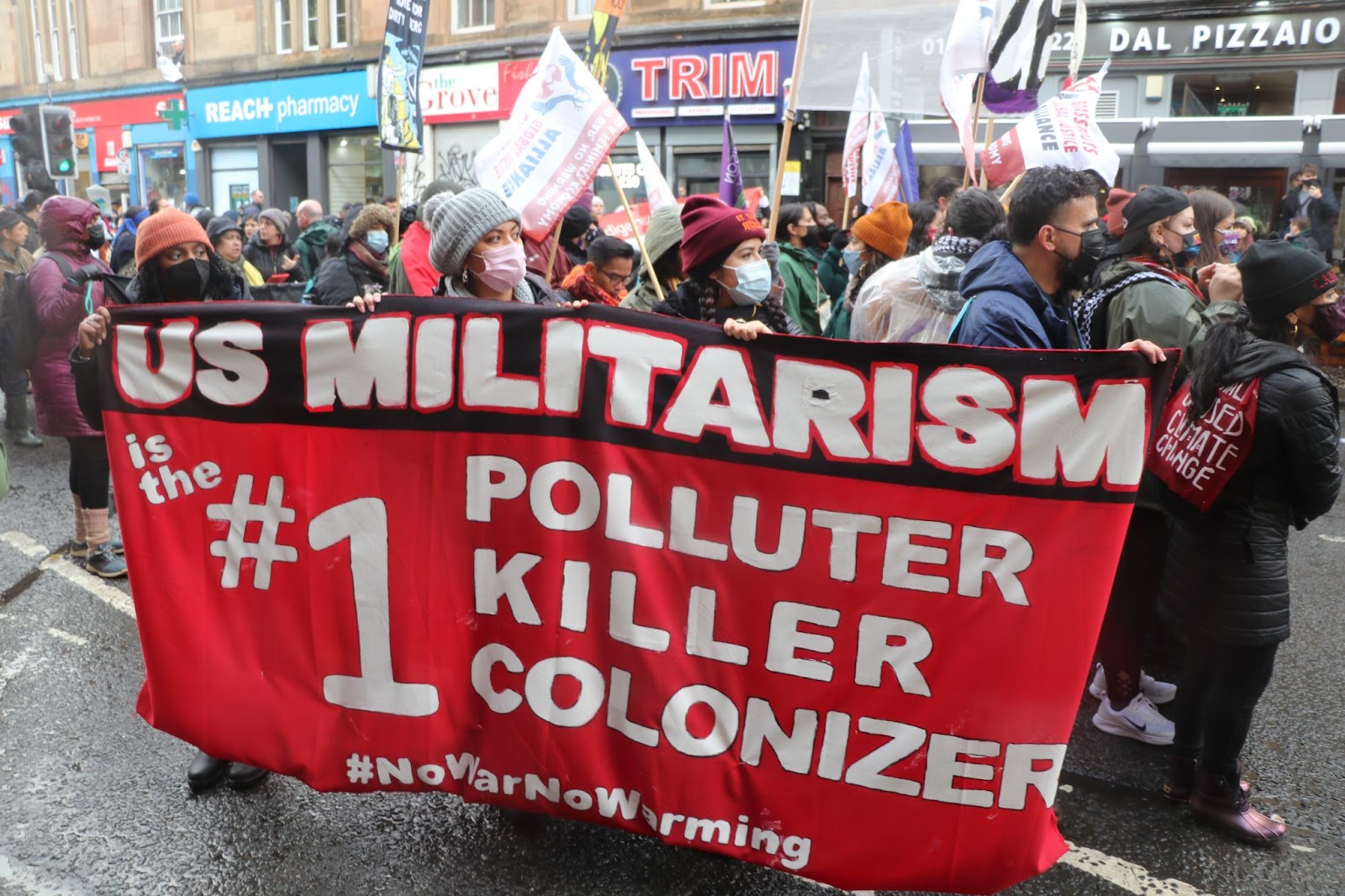
As the largest consumer of oil in the world, U.S. armed forces consume more than 100 million barrels of oil to power ships, vehicles, aircraft, and ground operations per year according to the Union of Concerned Scientists — enough for over four million trips around the Earth by car (assuming 25 miles per gallon). Photo: Climate Justice Alliance.
Are government leaders doing enough to stop the climate crisis?
SZ: We see a history of greenwashing, and justification of fossil fuel use and extraction, especially among California Democrats who are often held up as advocates for the environment. At the conference, journalist Abby Martin called out U.S. House Speaker Nancy Pelosi for approving massive increases in the nation’s military budget, while the military remains outside of climate talks.
Over the past year, the Biden administration has continued to back the Trump-era approval of oil and gas infrastructure and has not stopped the construction of the Line 3 pipeline in Minnesota.
Also, there are a lot of liberal ideologies about individual actions around climate change. Thinking that we can just change things by changing our individual habits is not going to solve the problem.
As police lined the edge of the march outside of COP 26, a sea of climate activists and protestors raised signs that reflected intersectional movements ranging from Black Lives Matter to Just Transition (a process that emphasizes creating just work opportunities during the shift from extractive fossil fuels to more sustainable renewable energy and practices). Photo: Climate Justice Alliance.
Did the delegation succeed in getting its message across at COP 26?
SZ: It felt like the first time people were gathering together to discuss climate change and its intersection with Indigenous sovereignty and the military industrial complex. I’m hopeful.
As the march reached its end in Glasgow’s streets, a rainbow formed across the sky amidst a sea of protestors. Photo: Climate Justice Alliance.
Disclosure: The author is a member of AROC.
Opinions expressed in interviews are independent of the KneeDeep Times.






